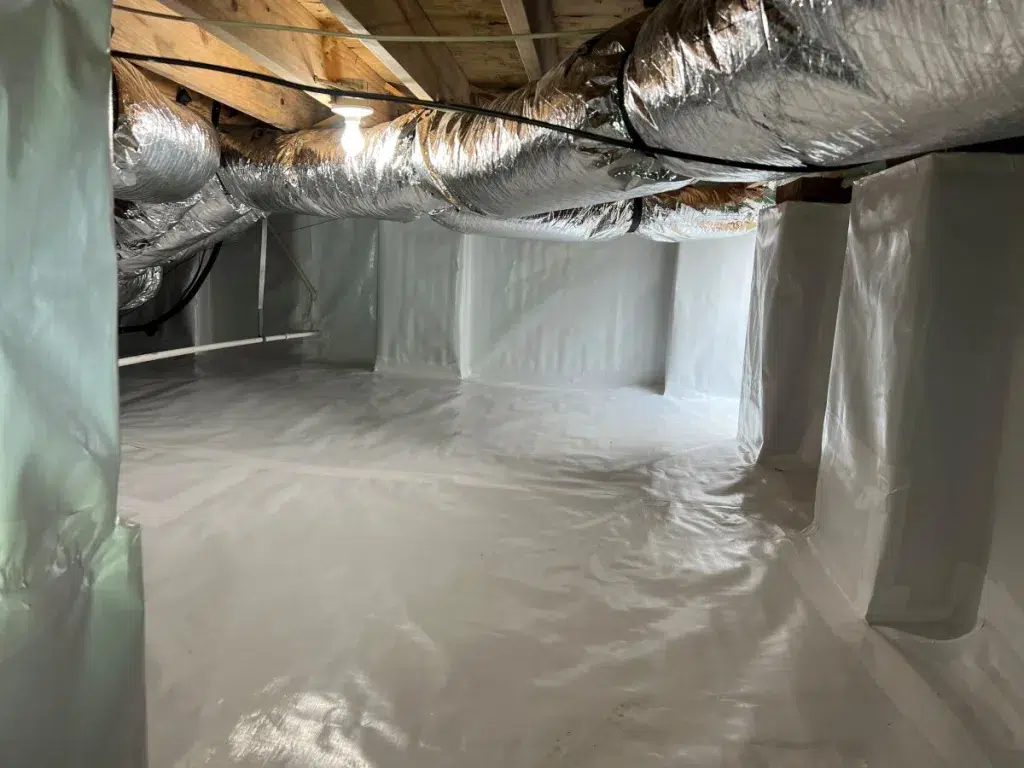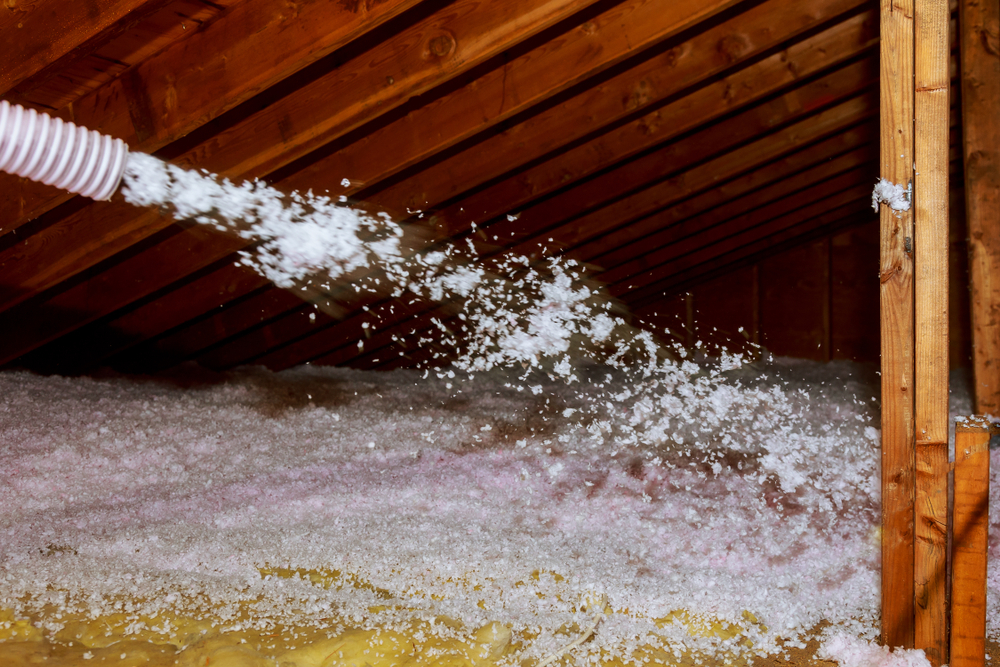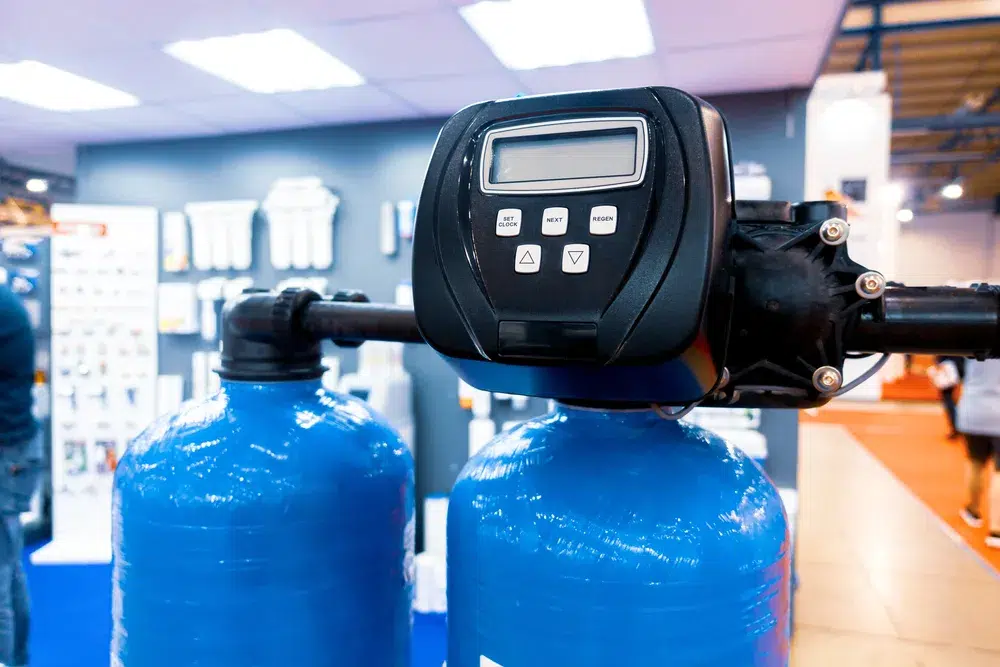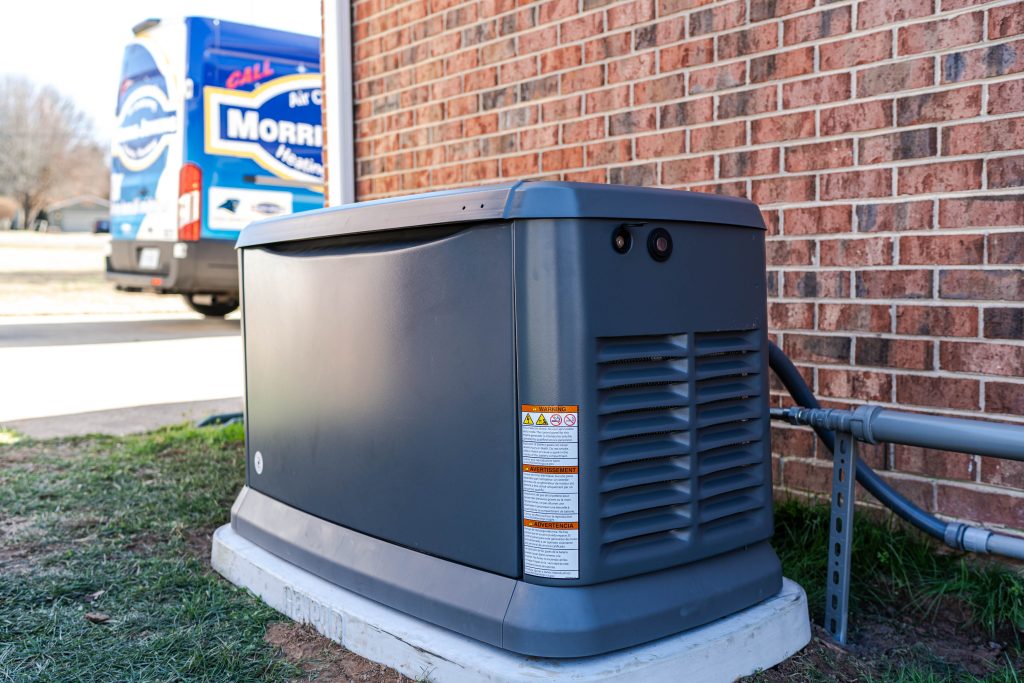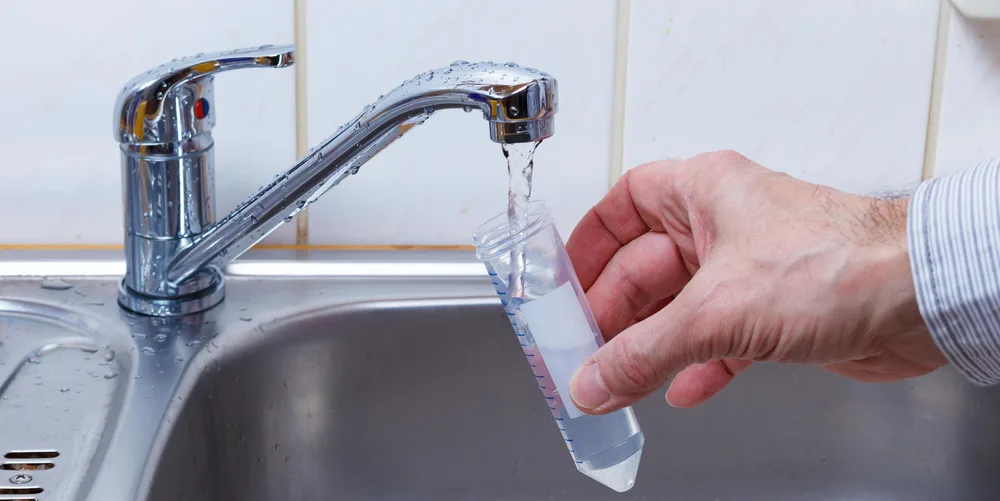What NOT to Flush Down the Toilet or Put Through Your Garbage Disposal
You’ve seen it before on TV. The adorable little kid playing with their toys in the bathroom when all of a sudden…plunk.
Everyone knows toys don’t belong in the toilet. But what about baby wipes? Medication? Or how about your poor pet fish that went belly-up?
And who knew you weren’t supposed to put coffee grounds or eggshells in the garbage disposal?
We’re here to help you understand what shouldn’t go down your drains and why!
Toiletries
When the toilet is so accessible in the bathroom, it can be hard not to think of it like a trashcan that just flushes your worries away. Unfortunately, there are a lot of bathroom materials that don’t belong in your pipes.
Wipes
Wait a minute… don’t most wipes say “flushable?”
This is the tricky thing. Technically, a lot of things can be labeled “flushable.” Just because they go down the toilet doesn’t mean they should—or that they won’t get stuck in your pipes.
Let’s get one thing straight. Flushable wipes don’t dissolve. Toilet paper does. If you were to put a baby wipe and some TP in a bowl of water (which is essentially what you’re doing when you throw it in your toilet), the baby wipe would keep its shape, and the toilet paper would turn into a gloopy mess. That’s because toilet paper is meant to flush. It’s specifically designed to be safe for your drain system. The next time you think about flushing a wipe, stop! All it takes is one unfortunate wipe and your pipes could get clogged.
Recommended: “How to Tell What Water Pipes You Have”
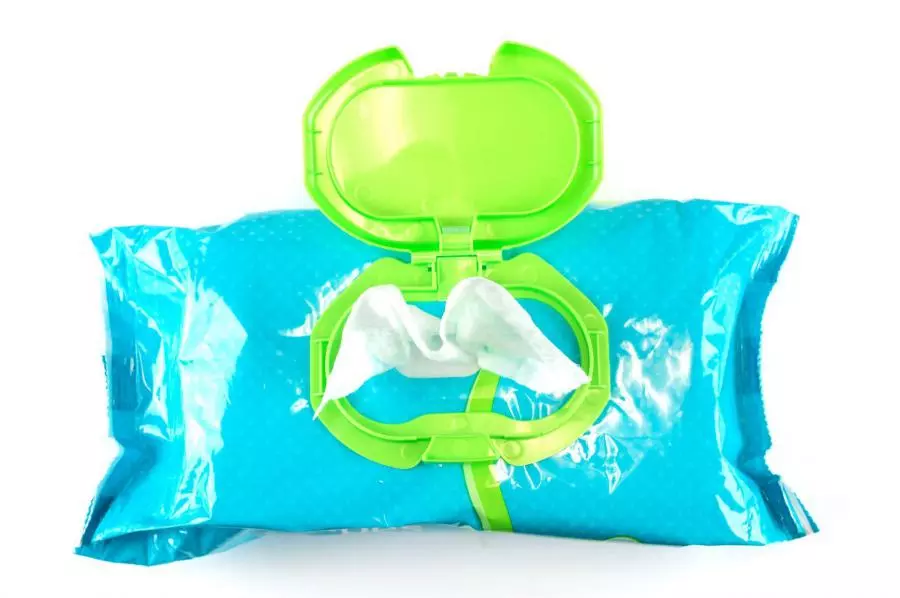
Tampons
This has always been a heavily debated subject. As convenient as it can be to flush used tampons down the toilet, it’s not a good idea. They don’t break down like toilet paper, and they’re meant to absorb a lot of liquid. That means, they swell up and get caught in your pipes. This can back your toilet up! Professionals all recommend wrapping up used tampons and throwing them in the trashcan instead.
Cotton Swabs
Cotton swabs, commonly known as Q-Tips, are great to keep around. They’re good for cleaning out small spaces (except your ears—did you know you’re not supposed to do that?). It might seem like no big deal to flush a cotton swab every now and again. After all, they’re little. What harm can they do, right?
If you flush Q-Tips down the toilet, these pesky buggers can get caught in the twists and turns of your plumbing. They create a sort of beaver dam in your pipes, collecting other materials and hindering the flow of water. Next thing you know, your pipes are backed up. Gross.
Cotton Balls
If cotton balls were to fall apart when they get wet, they wouldn’t be very useful! Because of this, they hold their shape really well (not to mention, cotton is absorbent!). When you send one down your pipes, it can get lodged in place. Considering it won’t change shape like toilet paper does, once it’s stuck, it likely won’t come out without a plumber’s help.
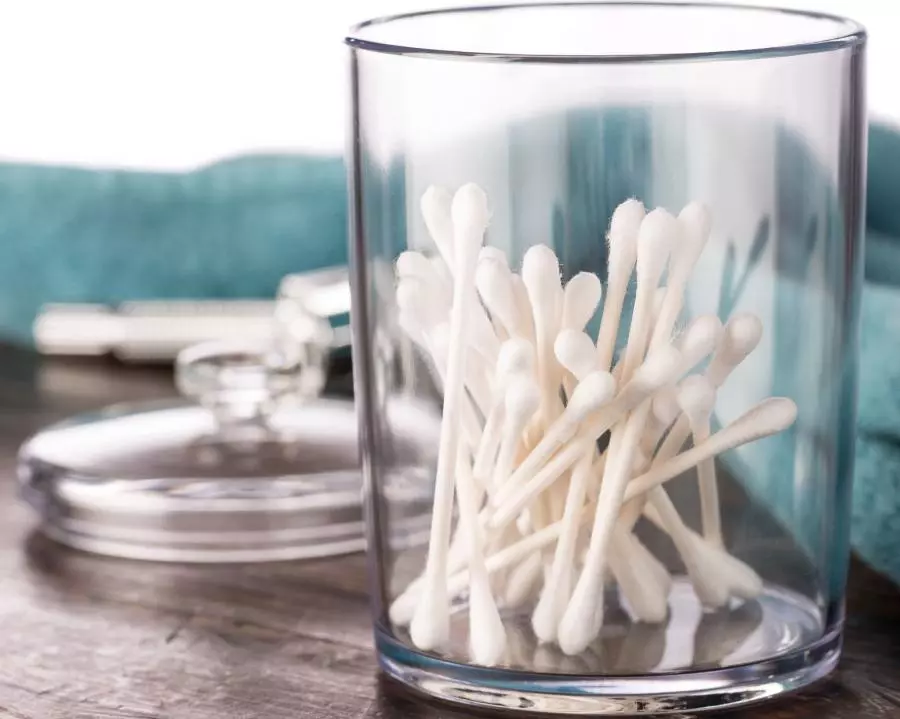
Diapers
We’re not sure why people think diapers can even fit down toilets, but some people still try. Don’t be like those people. Diapers are way too big to go in the toilet, and they’re meant to absorb water, causing them to expand. So even if you get that diaper down the drain somehow, it’ll suck up water, expand, and get caught in your pipes.
Medication
When you have old pills you need to get rid of, don’t flush them down the toilet or put them down the sink! Water doesn’t break medicines down properly, so the drugs can impact the water itself and get into the environment. Most meds also aren’t filtered out by wastewater treatment plants. Your medications can contaminate groundwater and can harm wildlife. It can even get into our drinking supply!
Dental Floss
This is for the people who are telling the truth when the dentist asks, “have you been flossing?”
All that dental floss you use should go in the trash when you’re done. Not the toilet. Floss can create a net in your pipes when it’s flushed, and that net can catch and hold other substances you flush.
Hair
Remember how we said floss can form a net in your pipes? Your hair can do the same thing! This causes other materials to get caught.
Hair also floats, so it can be resistant to washing down the drain or flushing down the toilet. Hair also never dissolves, so if it creates a net or a clog, don’t expect it to clear up on its own.
Food & Kitchen Supplies
Things from your kitchen have no business in the place you “do your business.” Put plainly: don’t flush things from your kitchen down the toilet. Even your garbage disposal has a few rules of its own! Here are some common household things we’ve seen flushed or put down the garbage disposal.
Gum
Chewing gum doesn’t break down in water. That’s why you’re able to chew the same piece for so long! Unfortunately, that means it won’t dissolve in your home’s plumbing either. As you know, gum is sticky. You don’t need me to paint a picture of what that’ll do when it gets in your pipes.
Paper Towels
Just like with baby wipes, paper towels aren’t meant to dissolve. These can easily get caught in your pipes, preventing things from flowing properly.
Food
Flushing food is never a good idea. Sure, human waste is comprised of the foods we eat, but food that hasn’t been digested yet can be difficult for your plumbing and can cause clogs until it eventually breaks down. When it comes to putting food down the garbage disposal though, there are a few pointers our plumbers recommend.
Grease, Oils, & Fat
Grease, oils, and fats are notorious for clogging plumbing! These substances can be liquid when warm, but as they cool, they solidify. This is horrible for your pipes and can cause stubborn clogs.
Recommended: “How to Go Green with Your HVAC and Plumbing”
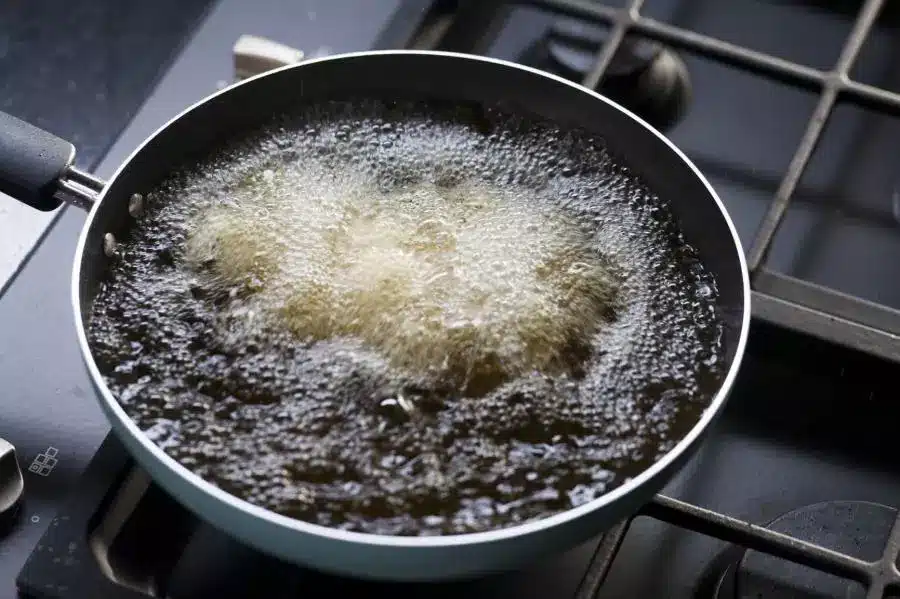
Certain Fruits & Vegetables
Peelings from potatoes, onions, and apples can get stuck on your garbage disposal’s blades. When this happens, the blades will be unable to chop things up. These peelings are also prone to getting stuck in your pipes, and the buildup of peelings can cause a clog.
Some vegetables, such as celery or spinach, are extra stringy. These strings get wrapped around the blades, clogging your sink. Try to avoid putting these down the drain!
Pasta & Rice
Pasta and rice can be sticky when cooked. When pasta and rice are put down the sink, your garbage disposal breaks them up into tiny pieces, and these tiny pieces suck up more water, creating a thick paste in your pipes. This paste can cause a nasty clog!
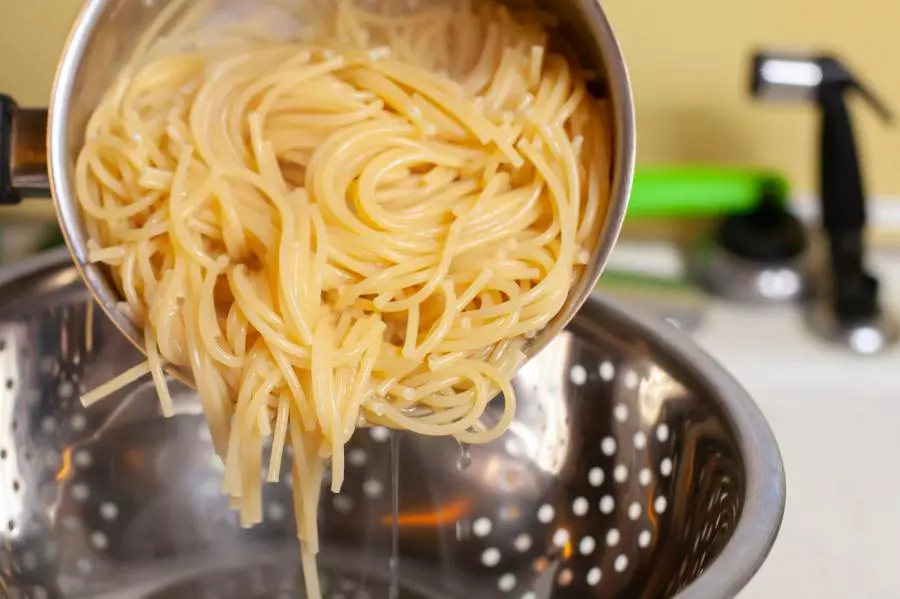
Bones, Seeds & Pits
You can’t chew up bones, seeds, and pits, so it would be hard to imagine your garbage disposal doing it. Putting any of these down your sink almost guarantees your blades are gonna get stuck, and trying to dislodge something like a peach pit from a garbage disposal blade can be dangerous!
Eggshells
This is a popular debate. Some people believe putting eggshells down your garbage disposal will sharpen the blades, but we’ve never seen someone sharpen a knife with an egg before. In fact, the thin membranes inside eggs can get caught around your blades, rendering them useless.
Coffee Grounds
Coffee grounds are notorious for collecting in the twists and turns of your pipes, creating a sludgy mess. Over time, this can lead to clogs. This accumulation can be slow, but it’s never too late to stop dumping coffee grounds down your sink!
Other Things You Should Never Put Down the Drain
Sometimes, we put things down the drain because that’s what we grew up doing. Many people grew up using bleach to clean the toilet. A lot of people have childhood memories of flushing their dead pet goldfish. It’s not something you ever thought about—it’s just what you do. But should it be?
Bleach
Bleach is an incredibly harsh chemical. It could damage your toilet and sewer system! If you need to get stains out of your toilet, try a hydrogen peroxide cleaner or vinegar mix instead.
Pet Fish
It’s never a fun day when Goldie goes belly-up. Your finned friend was part of the family!
When pet fish die, it’s usually common to hold a funeral in the porcelain bowl. Parents tell their little ones to say goodbye to the fishy, and off it goes!
First of all, if your fish is large, it’s likely not gonna make it down the pipes. Can you imagine the smell when a fish is clogging up your toilet? Yuck! We recommend burying your fish or disposing of it in a trash can.
Sometimes, people don’t realize the cause of death in their fish. Without frequent water changes, water treatments, proper tank size, and other precautions, pet fish often catch diseases and pass away. And sometimes, you won’t be able to tell that the fish is diseased. When you flush a diseased fish, there’s always the possibility that the disease can be passed off into the environment. When this happens, native fish species can contract the disease, and it can be devastating!
Is your pet fish sick? Don’t ever flush a live fish! First and foremost, flushing them won’t simply euthanize your beloved little fish. The toxins in your drain system could cause them pain! If they make it through your pipes alive, your fish could end up in an environment with native fish. That means they’re competing for food and causing chaos to the local environment. Overall, flushing your fish—dead or alive—is never a good idea.
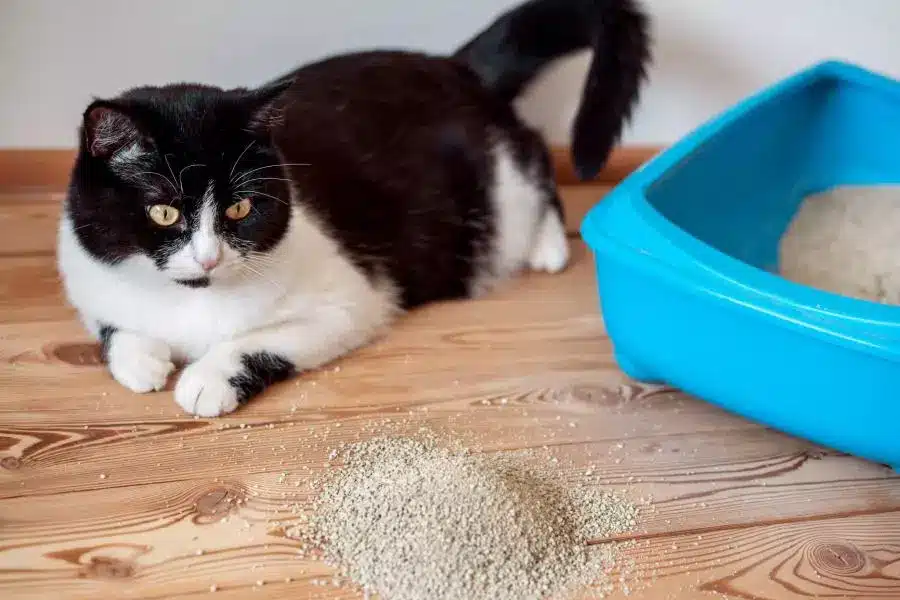
Kitty Litter
Some cat litter is advertised as flushable, but most toilets are unable to push the litter through your drains. Litter can collect in elbow joints in your home’s pipes, and this can hinder the flow of water and waste as it builds.
We also advise that you don’t flush cat waste (unless you trained your cat to use the toilet). Litter pulls moisture from your cat’s waste and makes it harder for the toilet to properly flush it.
Safe to Flush
It seems like there are a lot of restrictions on what to flush, but these guidelines are meant to protect your plumbing! The safest thing for your pipes is to only flush human waste and toilet paper. These are the only things it’s truly designed for. Sometimes, clogs still happen, but the risk is reduced when you don’t flush other household items.
Safe for the Sink
You can put quite a lot of things down your garbage disposal and it’ll tear right through them (except super hard items like bones and pits)! Putting some of the items we discussed (coffee grounds, vegetable peelings, pasta, etc.) down the drain doesn’t pose as much of a threat to your disposal itself as it does to your home’s pipes. A lot of the items you read about are notorious for causing clogs. To avoid needing to call out a plumber, be mindful of what you put in your garbage disposal.
What Did We Learn?
The only things that should be flushed down your toilet are human waste and toilet paper. Your garbage disposal is more forgiving, but it still has limits. Things like grease, vegetable peelings, and coffee grounds can wreak havoc on your home’s plumbing, and shouldn’t go down the drain. With these tips, hopefully you can avoid a plumbing catastrophe! Even still, we know life happens. If your pipes get backed up, you can always count on us!

